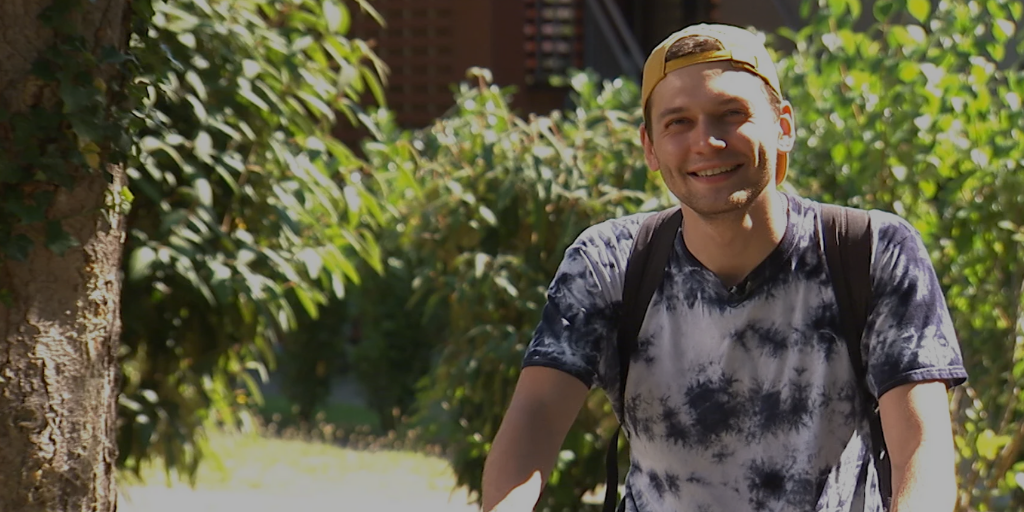New opportunities for Russian students and academic staff to study, teach and train in Europe

Roman is from Sterlitamak - a small town in Russia. He studies architecture in Strasbourg with the Erasmus+ programme and tells us passionately about how Strasbourg is located so conveniently that he can cross a bridge on his bicycle and be in Germany and then cross the bridge back to return to France. Nikolai from Ekaterinburg tells us how he found a job in Russia after he took a course on digital strategic communication at the University of Copenhagen. Anya from Moscow, whom we met in Rome, encourages other young Russians to apply for EU's Erasmus+ scholarship to study in Europe.
These are three of the video stories that were filmed this summer in different European cities: In Rome, Copenhagen, Berlin, Strasbourg and Škofja Loka in Slovenia. We learned about the experiences of young Russians who have received Erasmus+ grants to study a semester or do volunteering in Europe. Each of them showed us what a typical day in the life of an exchange student looks like.
The videos are part of a wider campaign which aims at raising awareness among young Russians about the EU's Erasmus+ opportunities to spend a semester or to study for a Master’s degree at a European University; to do an internship in a European organisation or company, or to volunteer in Europe.
As part the campaign, a special website in Russian has been developed where the young people can find more details about the EU grants and the application process.
